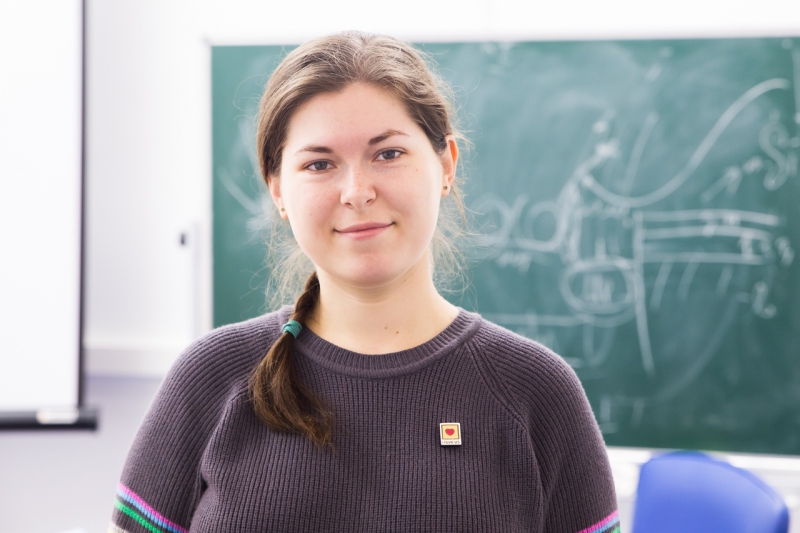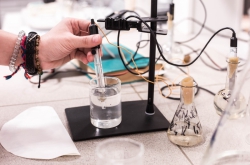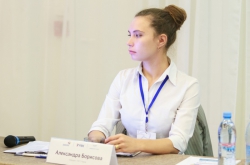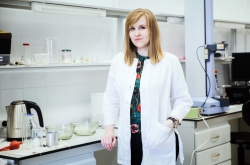Ostrogradski program: how to work on a research project in France
The main goal of the Ostrogradski program is to support mobility among young researchers. Within the framework of the program, the Embassy of France in Russia annually awards scholarships to PhD students from Russian universities and research organizations. The awardees get an opportunity to do research in a French laboratory, research organization or industrial plant in the course of one to four months. The program covers all scientific disciplines.
To be eligible for participation in the program, an applicant should be a Russian citizen, study in a PhD program in Russia and have an invitation from a French organization.
When submitting an application, one has to fill out a questionnaire (you can find it on the Embassy’s website), provide the description of your project, indicating the expected duration of your stay in France, and attach a resume, list of publications, as well as an invitation letter or certificate of admission from a French university or laboratory and a recommendation letter from the head of a Russian laboratory.
The awardees receive about 1,000 euros per month (from two to four months in the period of May 1, 2020 to December 31, 2020). The scholarship provides other benefits as well, such as a free visa, free insurance covering the entire period of your stay in France, and it also covers all your transportation costs.
Advanced aluminum alloys and what opportunities they open up
This year, ITMO University PhD student Tatyana Latynina made it to the list of awardees of the scholarship.
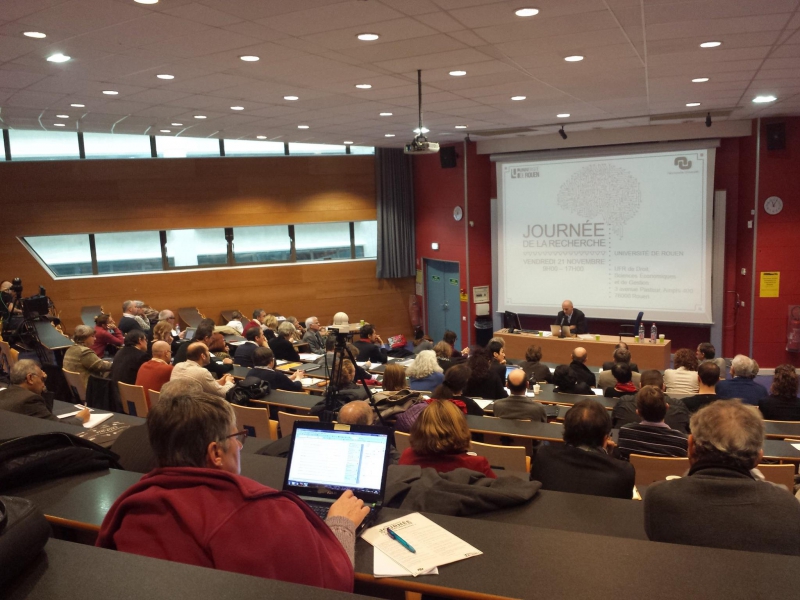
“This is my second time participating in this program and I can note that the application system is rather simple. The most difficult part is to write a description of your project: it’s important to describe it in the greatest possible detail and explain why this research requires collaboration with French colleagues. Another important thing to remember is that you should have an invitation letter from the French side. I didn’t have any problem with that, since our research is being conducted by several teams at once, including specialists from Ufa State Aviation Technical University and St. Petersburg State University, and my Russian colleagues have already established successful cooperation with French researchers,” says Tatyana Latynina.
This fall, Tatyana Latynina will spend a month and a half at the University of Rouen (Université de Rouen Normandie). Together with her French colleagues, she’ll conduct research on advanced electrical aluminum alloys. Such alloys with additives of transition metals are now being studied intensively by various research groups all over the world. Research in this field opens up new opportunities for controlling the materials’ properties, such as their heat resistance and strength.
Alloys with additives of transition metals have a wide range of practical applications. For one, aluminum and zirconium alloys can potentially be used for manufacturing cable and wire products. Cables made of this material can increase the capacity of power lines with minimal costs, as well as make electrical networks more reliable and economically efficient.
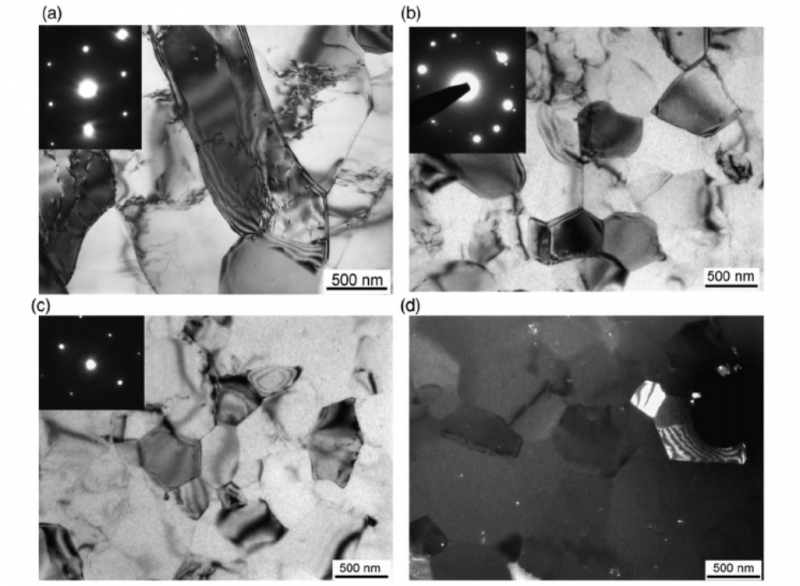
“The main advantage of using additives of transition metals (for example, zirconium, scandium, niobium, and others) is that they have a low diffusion coefficient, which significantly increases the material’s heat resistance. That is, when exposed to thermal processing, these additives form, respectively, Al3Zr, Al3Sc, and Al3Nb particles. The uniform distribution of these particles on the material’s surface makes it very heat resistant. Apart from that, additives can also increase the material’s strength, which is very important when working with aluminum,” the researcher explains.
How the work will be organized
During her internship, Tatyana will study a heat-resistant aluminum alloy doped with zirconium. Researchers have recently discovered previously unexplored effects in this alloy (published works are available here and here), and understanding of their nature can possibly improve the combination of mechanical and electrical properties of electrical alloys, as well as explain the discovered features of their microstructure.

In order to study the changes in the alloys’ microstructure in more detail and attempt to explain their nature, Tatyana Latynina, together with her French colleagues, will study the samples using transmission electron and three-dimensional atomic microscopy. The University of Rouen has all the necessary equipment for such research, which is why all the calculations and experiments will be carried out in France.
This year, there have already been published several research papers focusing on heat-resistant aluminum alloys doped with zirconium. When her trip comes to an end, Tatyana Latynina plans to write another article together with her French colleagues, which will describe the results of the experiments. Besides, the researcher works with other materials and plans to investigate the properties of an alloy made of aluminum, magnesium, and zirconium.
